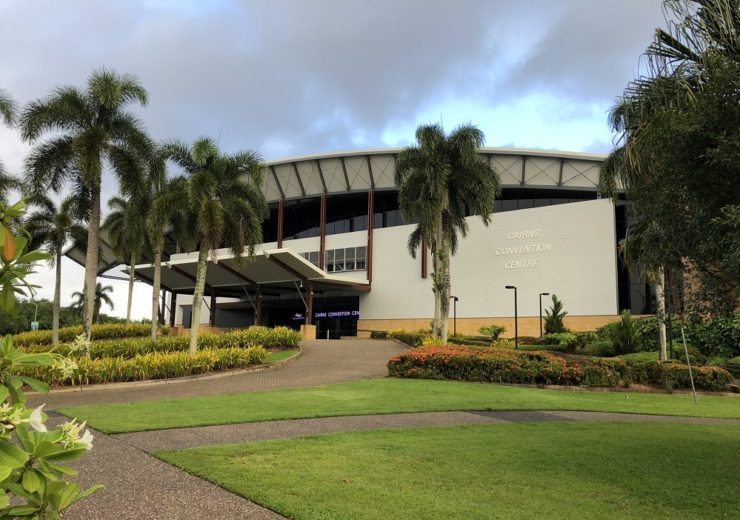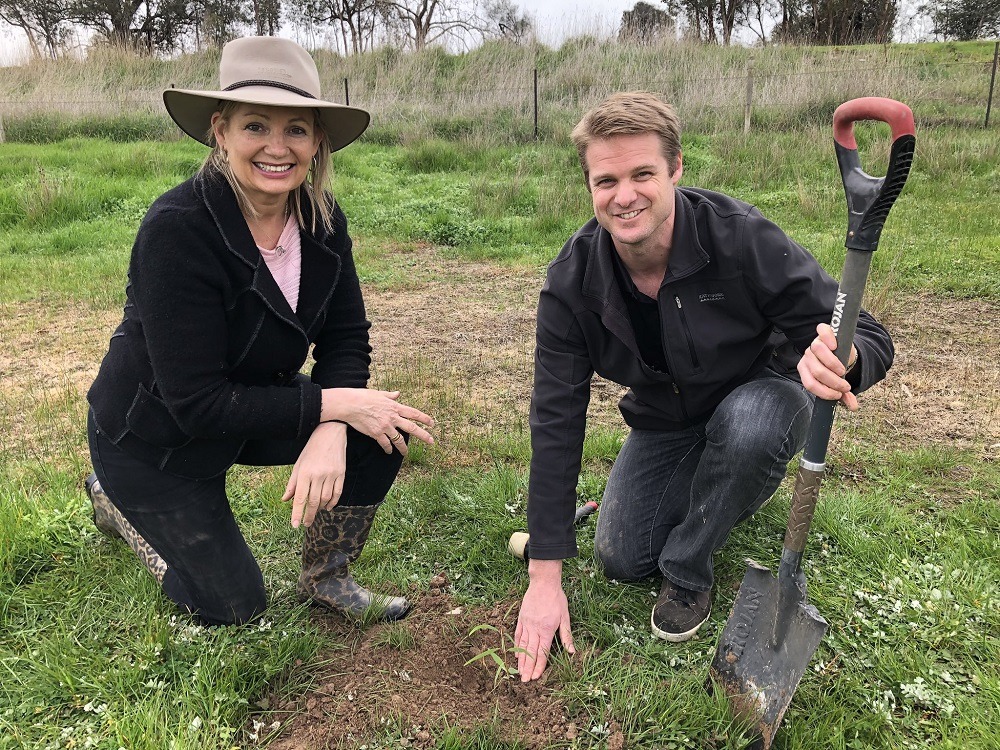The agreement by state, territory and federal leaders in Australia would see a ban on the export of waste including plastic, paper glass and tyres

Cairns Convention Centre, where the COAG meeting took place (Credit: Wikimedia)
Australian leaders have committed to a ban on recyclable waste exports, including those of plastic, paper, glass and tyres.
Members of state, territory and federal governments agreed the policy today at the 47th Council of Australian Governments (COAG) in Cairns.
Attendees also pledged to increase the country’s capacity to generate high-value recycled commodities and associated demand.
In the 2017-18 financial year, Australia exported nearly 4.5 million tonnes of waste — at the cost of 2.8bn Australian dollars ($1.9bn).
Prime Minister Scott Morrison said: “It’s our waste, and it’s our responsibility.
“That’s why I think setting a clear path forward as leaders that we don’t want to see this going into the ocean, that we don’t want to see this go into waterways.
“We will do everything in our remit to achieve that goal, it is a very important outcome.”
To implement the agreement, the Australian Government said it will work alongside industry, as well as conduct a consultation on the matter, with environment ministers to meet in the near future to set out a clear timeline.
Morrison believes the move creates employment opportunities in the recycling industry.
He said: “There is work on the science but there is also the work on the economics, because we want to see this introduced as an opportunity.”
Socio-political group Extinction Rebellion protested outside the meeting venue, where — according to Cairns Post reporter Chris Calcino — it planned to make a citizen’s arrest on Prime Minister Morrison.
Extinction Rebellion protesters at COAG in Cairns say they are here to perform a citizen's arrest on Scott Morrison, Angus Taylor, Matt Canavan, and maybe Clive Palmer and Gina Rhinehart. #auspol #qldpol pic.twitter.com/TG42E5ad84
— Chris Calcino (@chriscalcino) August 8, 2019
Prevention of rubbish exports presents opportunities that go beyond waste recovery in Australia, says industry leader
Waste Management and Resource Recovery Association of Australia (WMRR) CEO Gayle Sloan says these new commitments present opportunities that go beyond waste and resource recovery.

She said: “This is a significant and positive commitment — industry has always advocated that Australia should be processing our own waste and recyclables.
“Industry can, and is keen to, build capacity and the fact that we’re on the agenda and we have the Prime Minister’s and Premier’s attention means we can finally move forward.
“The meeting today highlighted numerous opportunities that go above and beyond waste and resource recovery to develop an Australia we all want to live in and be a part of.
“However, it is evident that our essential industry checks all these boxes in the communiqué, as building and strengthening local processing and remanufacturing will create jobs, positively add to the economy, develop and promote key skills for Australia, and add to the infrastructure work that’s going on around the country.”
Sloan says that Australia’s Meeting of Environment Ministers (MEM) must finalise a timetable to implement what was discussed by the COAG.
“Globally, we’ve seen other nations like China, Europe, and Canada push through and establish the mechanisms to develop a circular economy in two to three years and we need to follow suit,” she added.
“MEM needs to be the point where we determine what action needs to happen and by when.
“We need to keep abreast with what’s happening in other developed nations when it comes to green, domestic remanufacturing.
“These are challenging but exciting times, and industry is excited about the strong outcomes and impacts these decisions will have on not just itself, but the economy, environment, and community.”
The problem of rubbish in Australia
According the National Waste Report 2018, released by the Australian Government’s Department for Environment and Energy, 12% of plastic material recovered in the country is currently recycled.

Just ten Local Government Areas — the third tier of government administered by the states and territories — have municipal kerbside collections that accept all types of recyclable plastic and plastic bags.
Alongside this, since the introduction of restrictions on the importation of waste in China, Australia’s recycled material exports have increased.
The report also found that most of the country’s material recovery facilitates lacked technical ability to sort co-mingled, highly contaminated municipal waste — making it harder to recycle material.
